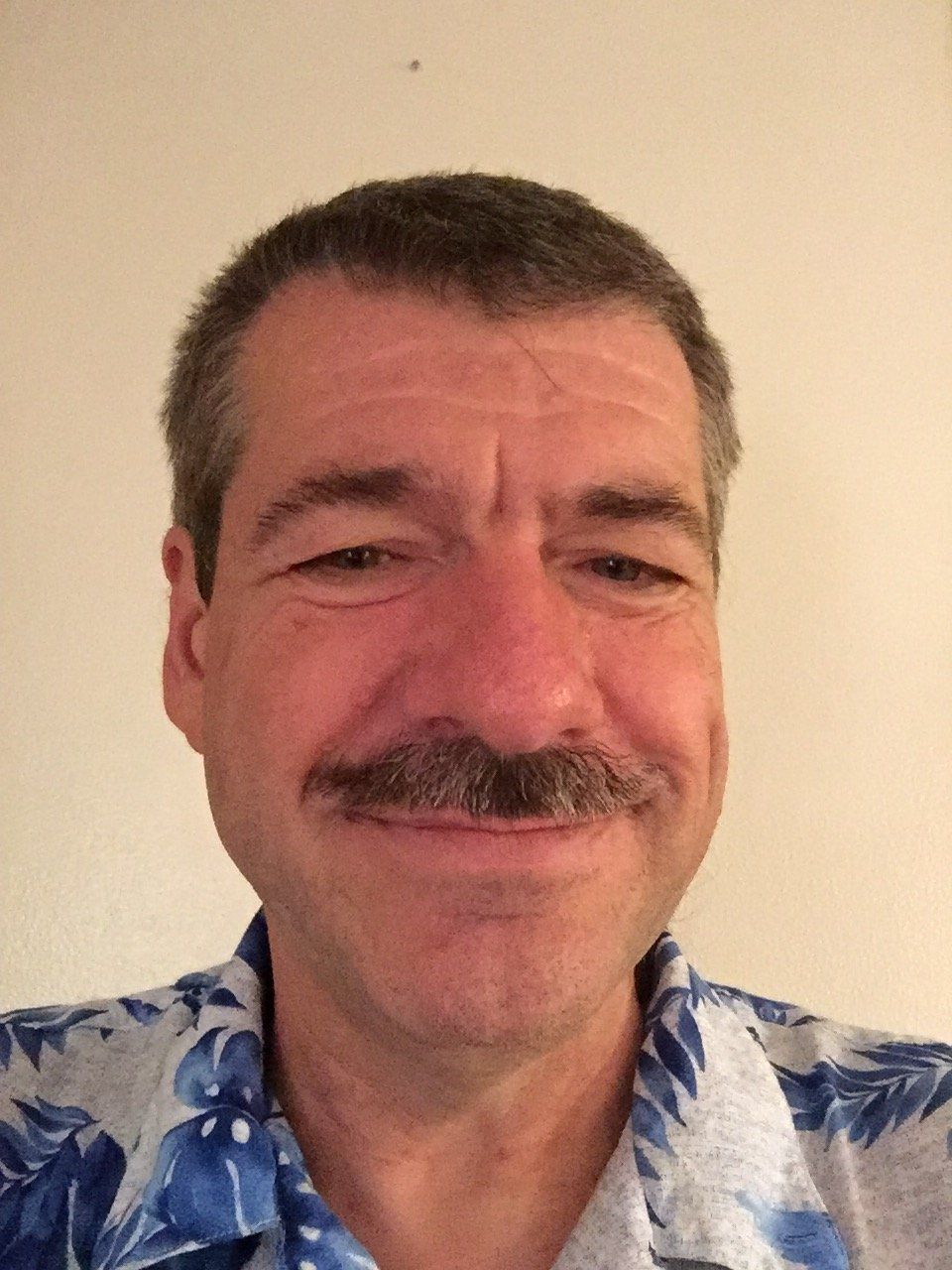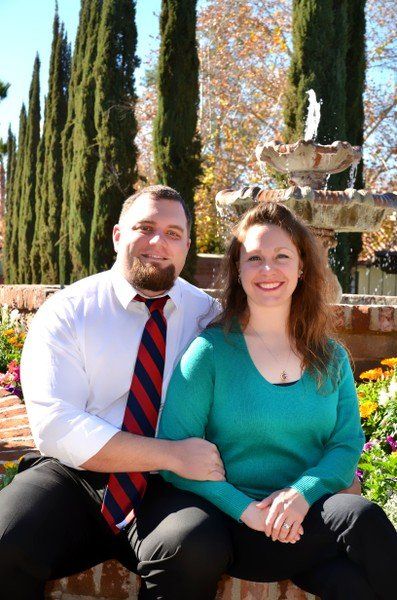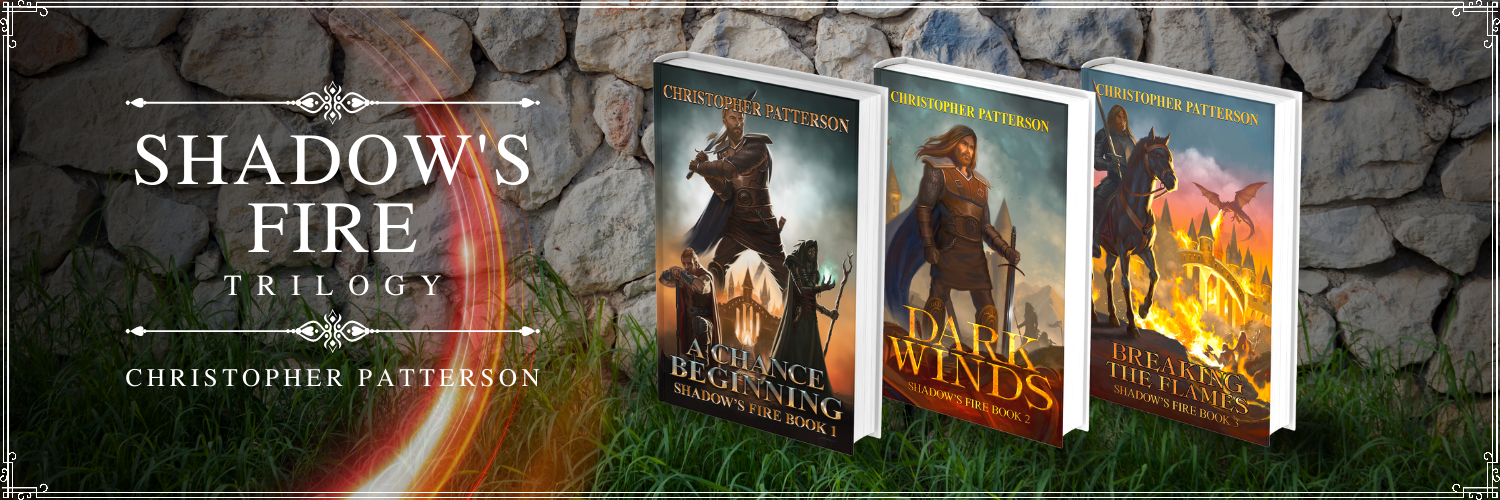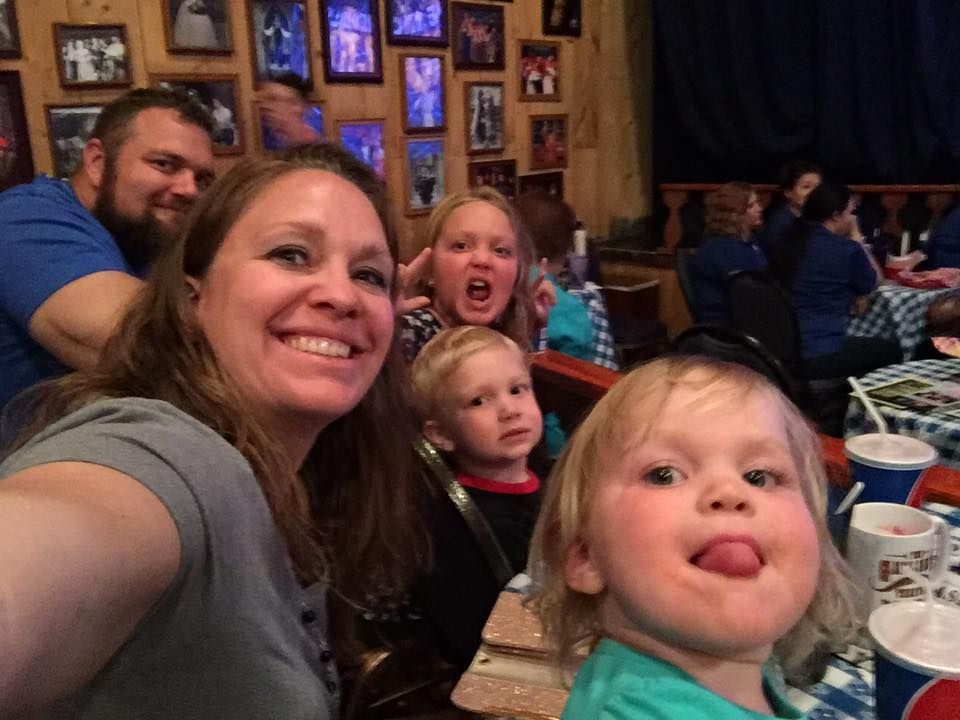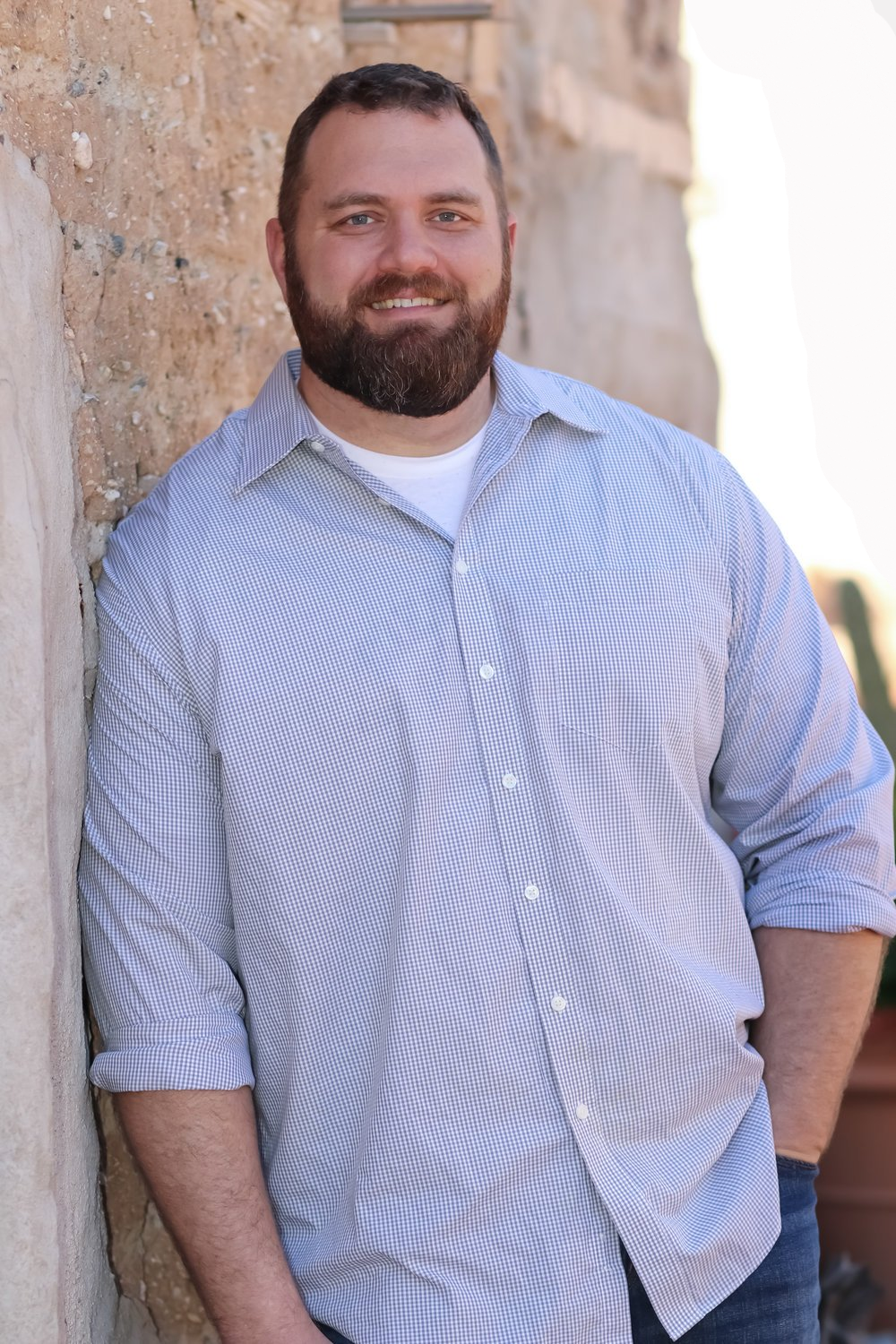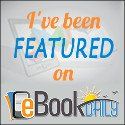Planning Your Way To Success
My Journey Through Planning My Writing
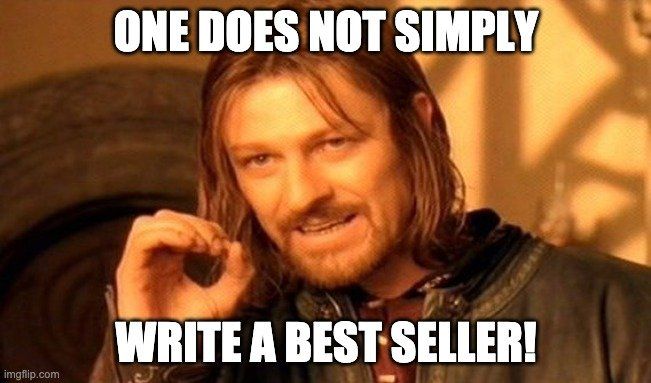
“Creating outlines is boring.”
“If I create an outline, it will stifle my creativity.”
“I can either plan or write. I don’t have time to do both.”
These are comments I commonly here in the writing community. In fact, these are comments I have personally heard…because I said them. This juxtaposing ideology of either planning or not planning is so pervasive in writing that we even have a term for it – “planners” vs. “pantsers.” The planners look at the pansters – those people who just sit down and write with no outlining, or very little – and wonder how they ever get anything done. And the pantsers look at the planners and wonder how they have any creativity with all the planning they do.
Can't We All Just Get Along
Yeah, I think we can. And in reality, the best writers, as far as I have seen, fall somewhere in the middle of this conundrum. They plan things out to some extent and then they let the Muse take them.
I was a full-blown pantser…
It sounds like I’m at an AA meeting. Hi, my name is Chris Patterson and I’m a pantser. I looked at people who planned, read about planning, taught planning, and spent time outlining like they were crazy. I was always like that – high school and college. The worst part about writing was the rough draft. Why write a rough draft when I can just write the final version first? Well, you can probably already see where the flaw in my logic was.
I felt like planning and outlining would firstly take away from time better spent writing. I mean, I already knew what I wanted to write. It was in my head all the time…except for the stuff I forgot. But that only means it wasn’t important…unless it was. And then, outlining and planning stifled my creativity. I’m an artist. I don’t want to pigeonhole myself in a box. Let my innate story-telling abilities take me where the winds would have me go.
I don’t even know if that makes sense, but that was my thought process. I found planning abhorrent, atrocious, and all together disgusting. Books on going through a writing process were pointless wastes of money, as were courses. But what if I treated other areas of my life with the same attitude?

If We Are Affective in What We Do, We Plan
Think about a sports coach, a teacher, and a financial advisor. These are all people who must do an extensive amount of planning and, these are all professions I have or have had. What would we think if a coach walked into practice everyday with no idea what he or she was going to work on or train? They wouldn’t be very effective, right? But, even more than knowing what they have to work on today, they need to know what they have already worked on, what they want to work on, what their goals are, areas that need retouched, etc. When good teachers walk into classrooms, they have a plan. Most have written plans in their hands, but even if they don’t, they have the day, the week, the month, the quarter, and the year planned out. If we sat down with our financial advisor and they said to us, “Well, let’s see what we’re going to do today,” we might hire a different financial advisor. We want to know that they not only have a plan, they have a plan for us that extends well into retirement. It’s mapped out, well-thought out, and coordinated.
Does that mean these people can’t be creative? Of course not. The best coaches are the ones who have a plan and see something not on their plan and deviate from it, correcting their own, misaligned course to better meet the needs of their team and athletes. Same with teachers. I cringe when a teacher doesn’t take tangential questions head on and go with it, perhaps enlightening their students even more. Those moments offer creative thinking and learning for both teacher and student. Financial advisors course-correct all the time, with new products and new laws coming out. This was the plan, but now it has to change. But guess what? These moments of creativity are often followed up by…you got it…a new plan.
Imagine a pastor or rabbi or imam who stood in front of their congregation and said, “You know what, today, I’m going to let the Spirit lead me.”
Most people would be like, “Okay, cool.” And that might be one of their most memorable sermons or talks. But if they did it the next week, and the next, and the next, and the next, their congregants might eventually start wondering where they are going, what they are supposed to be learning, or they may start losing interest all together.
Planning is so important.

How Planning Helped Me
When I finally bit the bullet and got myself a professional, content editor and not a friend or another writer, one of the first thing Graham told me was I needed to plan my stories out better. Well, that’s not what he initially told me, but after asking some questions, he realized I wasn’t planning. So I finally said “OK” and I started planning. And man has it helped.
There are a lot of great planning tools out there from a lot of great writers. The planning process that has worked best for me is the 3 Act Michael Hauge Screenwriting plot structure. Now, I am not a screenwriter, but the principals in Hauge’s plotting plan can be applied to fiction novels as well. So I typically spend about an hour or two plotting my story out using this system, which breaks things down into percentages of the story and major events at each one of those percentages. For instance, at 10%, the protagonist has to be presented with an opportunity that moves the story forward. Think, Gandalf showing up Bilbo’s doorstep or Obi Wan Kenobi finding Luke in the desert of Tatooine and saving him from the sand people. I map that out, all the way to the climax and resolution. So this whole process follows the typical story arc, just in a more precise way. And like I said, it only takes about an hour or two.
But isn’t that an hour or two I could have been writing? Yes.
I’m not a full time writing. Neither am I.
Aren’t I wasting time? Not at all.
You see, I found that when I don’t plan I blabber, just like if I am talking to someone and I don’t have a plan in regards to what I am going to say. If I was giving a speech, or when I speak at sports banquets, I have a plan; otherwise, I just talk. The same thing happens with our writing. For this blog, I have a plan. I would sit down and write and without important points, I really had no idea where I was going. I had a beginning and an end in mind, and then I had to fill in the middle. By plotting each one of these story points, I know where I am heading. I also have a target goal – 10%, 25%, 50%, 75%, 90%, and 100%. They are much less daunting then the end. Once I hit those points, I can go back and do a quick edit of my work up to that point, which I do. It just makes things so much easier and more streamlined.
Next, before I actually start writing my book, I establish a number of chapters; for my Fantasy novels, its 60, for my Historical Fiction and Urban YA Fantasy, its 30. I don’t religiously stick to that number of chapters, splitting some, combining others, but it gives may an even better framework. Then, I write a one to two paragraph blurb about each chapter. This is, I will admit, very time consuming, but it is so well worth it.
Each chapter is a little story arc in itself, and like your larger story, it needs that planning. If you don’t know what your chapter is going to be about, how can you effectively write it? As I have done this, my writing has improved in quality and speed. I can go back and look at my paragraph, making sure I am on track and focused on this chapter.
Does this stifle my creativity? No. If something I write spurs another idea, I jot it down and I insert another chapter, or a section break. I am constantly adjusting the story points and the outlines. But this has helped me go from writing one book a year or more, to writing three books in about 5 months. And I expect as I get better at planning, it will get faster, and I will have less need for course correction from my editor.
There are a lot of ways to do this, and my method works for me. I would suggest looking up Michael Hauge. KM Weiland is also a great resource, as she is also a fiction writer. Another resource that helped me as well was Victoria Schmidt’s “Book in a Month.” I still use some of the principals in that book. But, just understand that I recognized my writing went from okay to pretty good, just by adjusting my attitude towards planning.
Don’t Over Plan
Let me leave you with this. Don’t over plan. I know that sounds like I’m contradicting what I just said, but as I started writing and publishing, I was amazed at how many writers I came across that had been writing their book for ten years, twenty years, even more. And the one thing that all of them would say is, “I’m still in the planning phase.” I think we can get over consumed with planning and making sure everything is just right and there are no mistakes and etc. etc. Nothing is ever going to be perfect. Your ideas will change over time. So let me give you some advice I give my athletes. At some point, you just have to pull the trigger and be okay with whatever the consequences might be. Otherwise, you’ll never know.
If you feel like you are stuck in the planning stage for too long, maybe you should scrap the story and move to another one, or at least put this story on the back burner and give it a rest for a while.
I hope this was helpful and insightful. Let me know what you think. And remember, if you haven’t already, sign up for my newsletter so you can get regular updates on other blog posts, new releases, and promotions.
Chris' Blog
